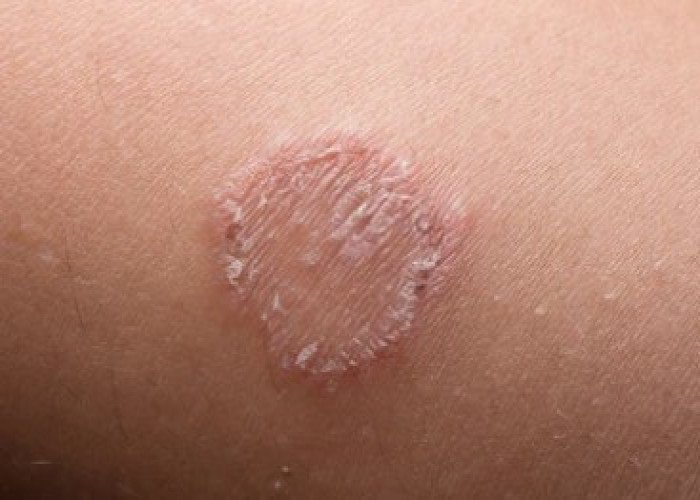 Welcome
Welcome
“May all be happy, may all be healed, may all be at peace and may no one ever suffer."
- A
- B
- C
- D
- E
- F
- G
- H
- I
- J
- K
- L
- M
- N
- O
- P
- Q
- R
- S
- T
- U
- V
- W
- X
- Y
- Z
Tonsillitis - Homeopathic remedies
Tonsillitis is an infection and inflammation of the tonsils, which are two small masses of tissue at the back of the throat that help protect the body from infection. Tonsillitis can be caused by a virus or bacteria and is most commonly seen in children and teenagers, although it can occur at any age.
The symptoms of tonsillitis can vary, but often include:
- Sore throat
- Difficulty swallowing
- Red, swollen tonsils
- White or yellow patches on the tonsils
- Swollen lymph nodes in the neck
- Fever
- Headache
- Ear pain
Tonsillitis can be caused by several types of bacteria, including Streptococcus pyogenes, which can lead to a more serious infection known as strep throat. It is important to seek medical attention if you suspect that you or your child may have tonsillitis, especially if there are symptoms such as fever, difficulty breathing, or severe pain.
Treatment for tonsillitis usually involves antibiotics if the infection is caused by bacteria, along with rest, fluids, and over-the-counter pain relievers such as ibuprofen or acetaminophen. In some cases, tonsillectomy, or surgical removal of the tonsils, may be recommended if the tonsillitis is chronic or severe.
Prevention of tonsillitis involves good hygiene practices, such as washing hands regularly and avoiding contact with people who are sick. It is also important to avoid sharing utensils or drinking glasses with others and to cover your mouth and nose when coughing or sneezing.

Delayed menstruation

Migraine
Growth retardation
Penis is small in size

Shortness of breath

Ringworm

Hives

Irritability
Tonsillitis, টনসিল প্রদাহ
To be happy, beautiful, healthy, wealthy, hale and long-lived stay with DM3S.











